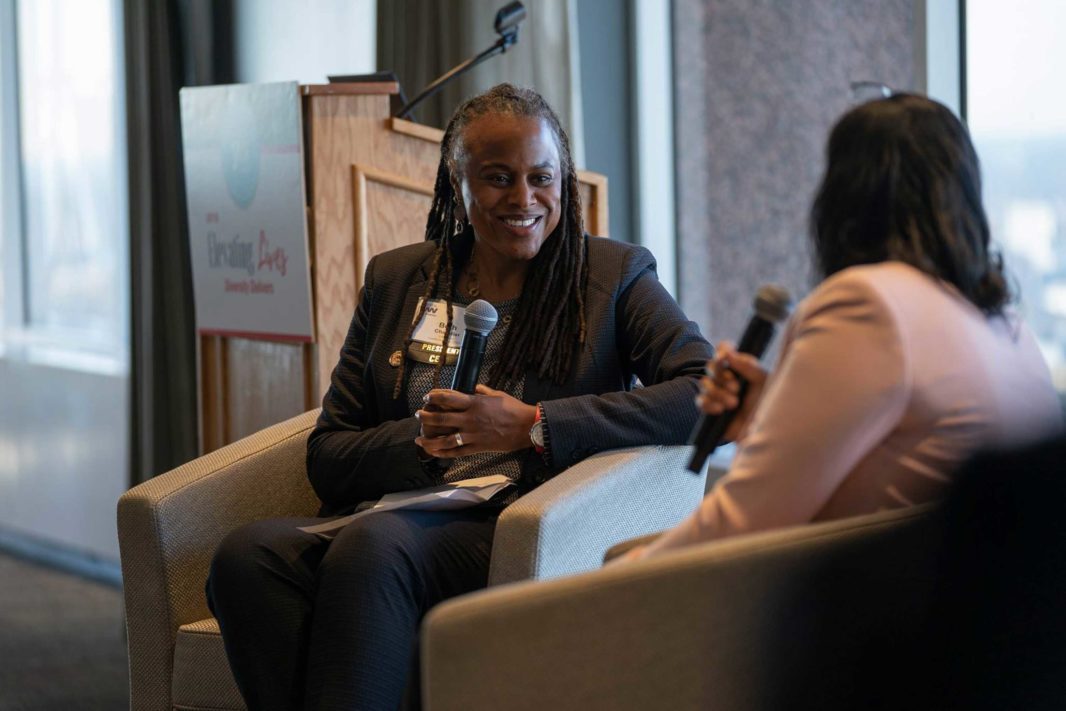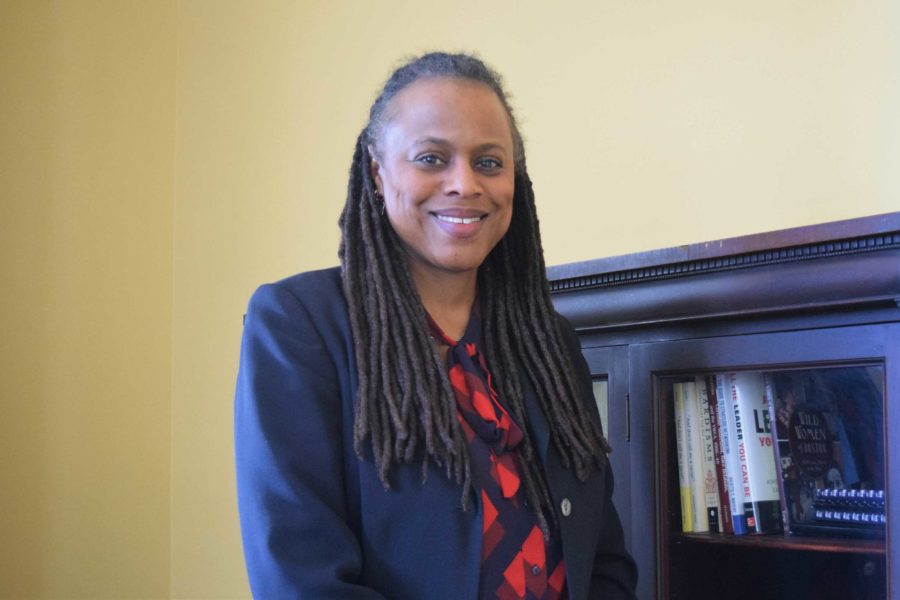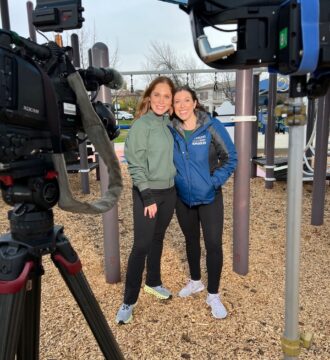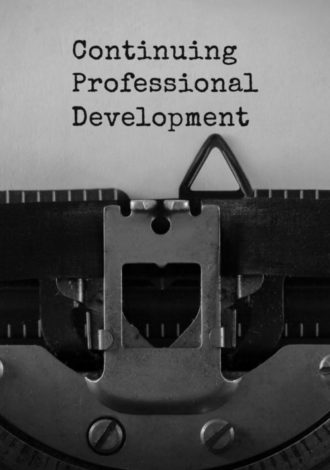Having more women in the boardroom isn’t just good for feminism, it’s also good for business.
Women and men all over the world are spotlighting gender parity in the workplace, as well as in public office and in media coverage, as part of International Women’s Day on March 8 with the 2019 campaign, #BalanceforBetter.
Closer to home, Beth Chandler, President and CEO of YW Boston, a nonprofit dedicated to empowering women and eliminating racism, works to improve equity throughout the city of Boston, one organization at a time.
“For us, [gender parity] should be on everybody’s mind every day,” says Chandler. “We’re always thinking about how can we make the world a better place for women, given the historical challenges they have faced. And, how do we make this part of how people are thinking?”
The way people are thinking about equality today is vastly different to how they thought about it 50 years ago, as modern-day feminists grapple with notions of race and class.
“If you’re thinking of women as a monolithic group, your problem-solving strategy may not be effective for women who do not fit into that group,” says Chandler. “If you look at most issues of equity, if you overlay race onto it, it looks very different.”
For example, the wage gap affects black women in a distinct way. White women earn 77 cents for every dollar a white man earns, whereas black women earn 61 cents for every dollar a white man makes. That ratio is even smaller for Hispanic women, who earn 53 cents, and increases for Asian women, who earn 85 cents on the white man’s dollar.
YW Boston has historical ties to the Young Women’s Christian Association movement that began in England in 1855 and made its way to the U.S. for the first time, in Boston, in 1866.
Throughout its 150-plus years of providing housing, programming and education to women in the city, YWCA Boston, now known as YW Boston, has evolved from its religious roots to its modern-day role in advancing not only women, but people of color in Boston.
In 1968, the year Dr. Martin Luther King Jr. was assassinated, YWCA USA and all its affiliations adopted a new goal as part of its mission: “To eliminate racism wherever it exists by any means necessary.”
As Chandler took the reins as interim CEO in September 2017, after longtime President and CEO Sylvia Ferrell-Jones passed away, and then was appointed officially to the role, she spearheaded an organizational restructure to laser focus YW Boston’s far-reaching goals.
“Given our broad mission to eliminate racism, empower women and promote peace, justice and dignity for all, we tried to narrow down where we wanted to put our resources and efforts,” she says.

Photo: Amanda Kowalski courtesy YW Boston Facebook
Beth Chandler with mic from Elevating Lives 2018 YW Boston event
YW Boston whittled down its portfolio of six community programs to three that focus on helping other organizations create more inclusive environments, particularly for women, people of color and women of color: Dialogues on Race and Ethnicity, LEADBoston and Youth Leadership Initiative.
The Dialogues program works with businesses, schools and organizations across all sectors to take a closer look at how gender, race and ethnicity is reflected in their environments, while LEADBoston works with mid- to senior-level executives to become more socially conscious of their external environments outside their workplace.
YW Boston worked with one organization through the Dialogues program, where women of color spoke up about not being heard or recognized in their jobs. Seemingly simple changes such as inviting those women to important meetings raised their visibility within the organization, and it led to bigger assignments and responsibilities.
YW Boston’s youth program currently engages with high school students to develop leadership qualities, but, starting in the fall, will focus its attention specifically on middle school girls. According to Chandler, the program will help girls understand their voice and power, cultivate social emotional learning and foster self-esteem.
“We’ve noticed there are not as many programs in the city for middle schools girls,” says Chandler. “Research shows the more opportunity girls have at a younger age to experience leadership, the more likely it is that they become leaders as adults.”
With these structural changes in its programming, YW Boston has been able to adapt to the challenges of achieving social equity in 2019.
Chandler, who played professional basketball for a number of years after studying at Harvard University as an undergrad, leads YW Boston knowing that a strong team should be lean and flexible, in order to effectively meet its mission.
As this year’s IWD campaign highlights, teams should also be balanced, with diverse points of view, to better deal with and survive in our modern world.
Chandler tells Exhale Lifestyle that she rejects the trickle-down theory, and instead embraces the “trickle-up theory.”
She says, “I believe if we are able to make the world a better place for marginalized groups, then everybody benefits.”



 4 min read
4 min read


